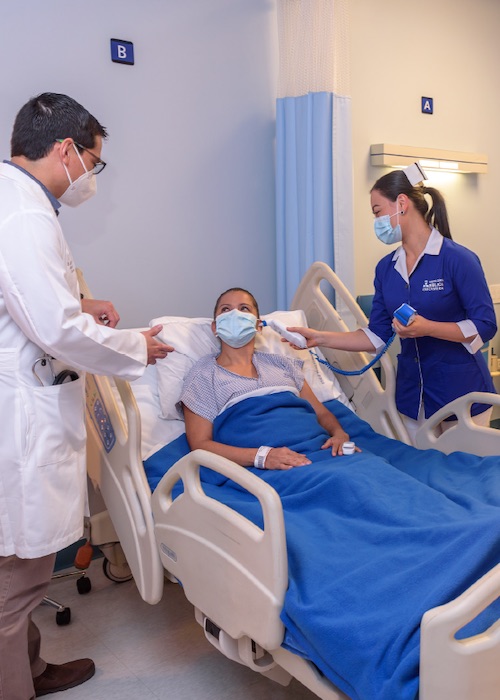Rights and Duties of the Users of the Clínica Bíblica Hospital
In accordance with the provisions of Law No. 8239 Rights and Duties of Users of Public and Private Health Services of April 2, 2002.
In accordance with the provisions of Law No. 8239 Rights and Duties of Users of Public and Private Health Services of April 2, 2002.

Rights
Duties
We want to assist you before, during and after your visit. Find everything you need to make your hospital stay as comfortable as possible.
Insurance and payment methods for outpatient, inpatient and surgical services
All payments for outpatient, inpatient and surgical services must first be verified through the statement of account at the department of patient management and formalization and then paid at the cashier's office in the same department.
Contact Us
Information for Patients